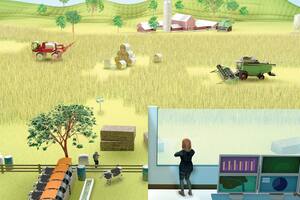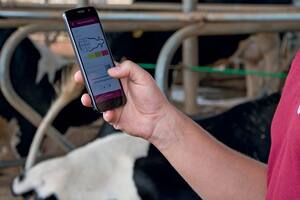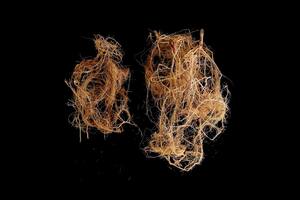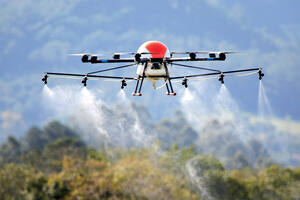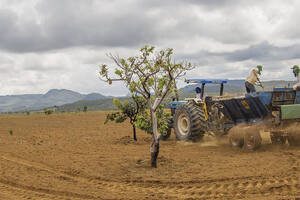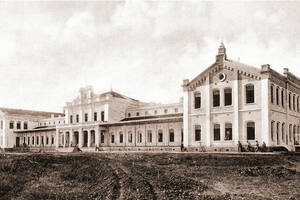Agronomy
Video

The plant biological clock benefits agriculture
Understanding the plant circadian rhythms, and learning how to manipulate them, may widen cultivation options | 2'42
By Redação
Research funding
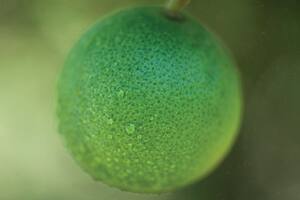
Learning to edit the genome
Brazil’s Crop Science Institute launches experiments with “gene scissors” to improve sugarcane, coffee, and citrus crops
Crop science
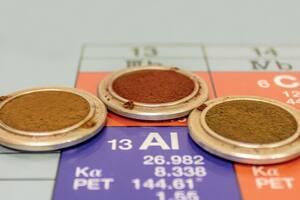
Soil genetics
New mineral mapping technique can help farmers save on farm inputs and minimize environmental impacts
Public policy
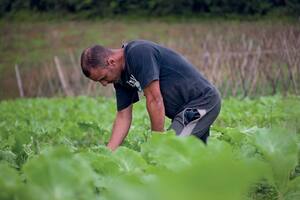
A paradox on the table
Food insecurity challenges faced by Brazil, one of the largest agricultural producers in the world
Pesquisa Fapesp 20 Years
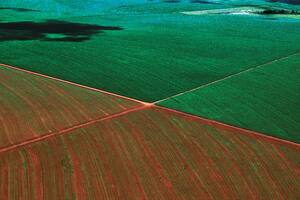
Early inoculants
The first products made with nitrogen-fixing bacteria for soybean crops date back to the 1960s
Agronomy
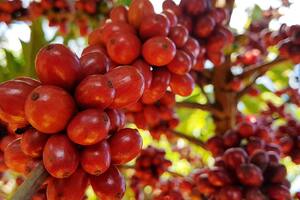
Rainforest coffee
Ten new robusta coffee cultivars could triple production in the Amazon region
Archaeogenetics
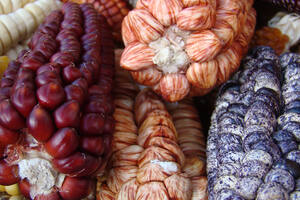
Tracking the ancestry of corn
DNA reveals a complex domestication history largely set in Mexico and the Amazon
INTERVIEW

Fernando Martins: Digital agriculture
Engineer explains how agribusiness benefits and grows with the support of new tools like the internet of things
By Neldson Marcolin and Yuri Vasconcelos
Biotechnology

More resistant sugarcane fields
A variety of genetically modified sugarcane developed by a company from Piracicaba is approved for planting
By Redação
José Roberto Postali Parra

José Roberto Postali Parra: The insect farmer
Entomologist defends the use of biological controls to combat crop pests
By Marcos de Oliveira and Marcos Pivetta
Biotechnology
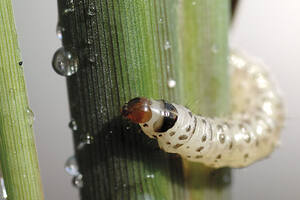
More resistant sugarcane fields
A variety of genetically modified sugarcane is approved for planting
Corporate research

High productivity
IBM R&D department is one of the most productive innovation centers in Brazil
Eduardo S. Brondizio

Eduardo S. Brondizio: Urban Amazonia is invisible
Anthropologist highlights the vulnerability of urban Amazonia
INDUSTRIAL RESEARCH

The chemistry of the future
BASF has research groups focusing on agribusiness and construction


